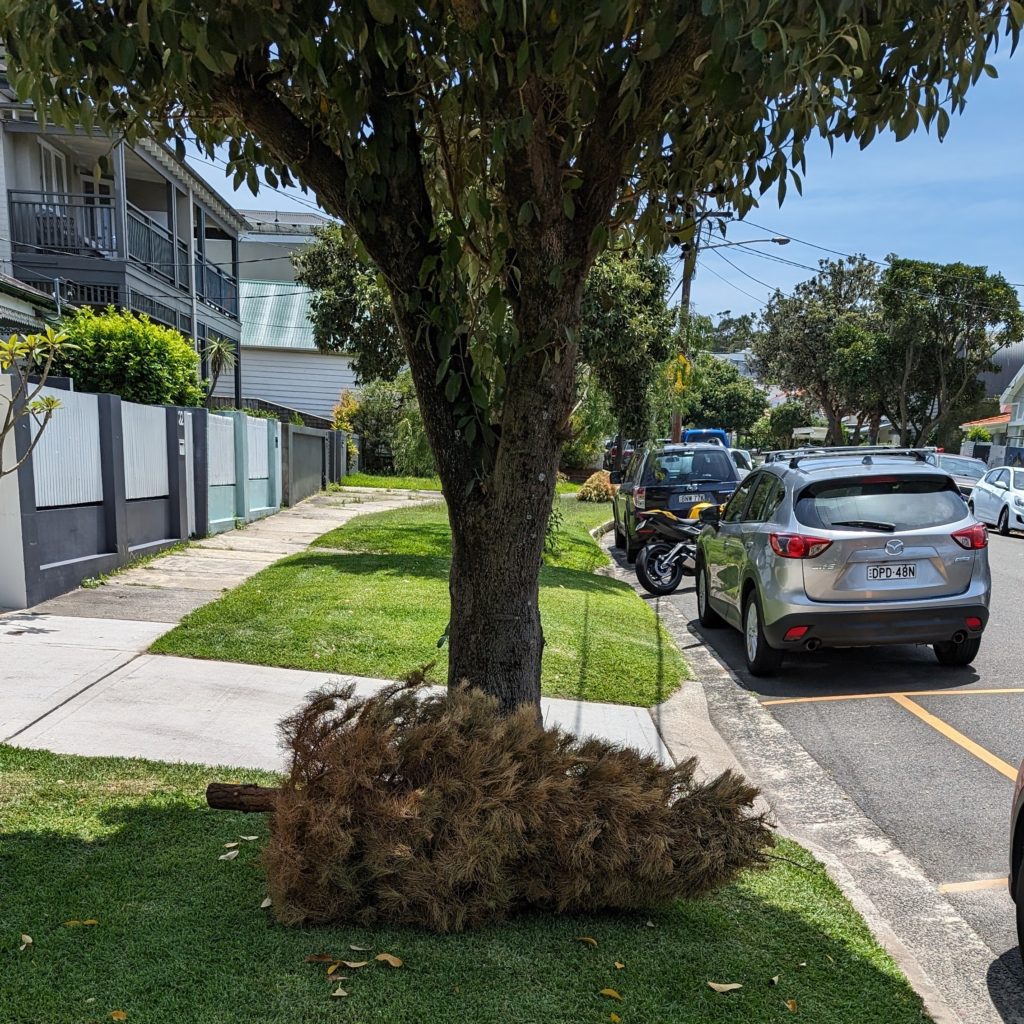
First, the music! This month’s playlist opens with some strong bass and closes with one of my favourite drum-driven songs (and no, the title has nothing to do with the conspiracy theory which shares its name). I was reminded of it while swimming down in Coogee one evening as planes flew overhead – a very dark song about the beauty which can come from otherwise horrid things.
Light Rails, Spare Me the Decision, Football and Takeaguess are other standouts. That 1999 WTF album is chaotic in its style and I think I like it. I’ll need another listen.
It’s a new year and thoughts of time and change are on the mind. People make resolutions hoping that an arbitrary date in a calendar can deliver results which couldn’t be achieved by the days and months which preceded.
According to When by Daniel Pink, it turns out that a date in a calendar does have the power to make change – but it’s not arbitrary, and nor is 1 January the only date where this can be achieved. Christmas, birthdays, a new month, engagement parties, public holidays, and time away from work are some of the other occasions which can serve as effective motivators for change. And the last two months have featured all of the above.
Pink explores the power of timing and how we can use it to our advantage – arguing that typically we are more concerned with the “what” and “how” of decision-making, and the “when” is often an afterthought. Neglecting this can have a dramatic difference on outcomes and overall life satisfaction.
He explores the field of chronobiology – the idea that our cognitive abilities and decision-making skills fluctuate throughout the day, and vary from person to person.
For example, whether you are a morning person (a “lark”, like me) or an evening person (an “owl”), should guide when you schedule tasks that suit your best performance. Got a big decision and think you should sleep on it to tackle it first thing in the morning? Well, this only works for larks. Owls should make big decisions after lunch. For creative and abstract thought, these times are reversed. Each will function better at those tasks when they are less sharp.
The book cites data showing how big an impact this can have on experience. He shows how results from high school examinations correlate to the time of day the tests were conducted; how job interviews are typically more successful when held in the morning or after lunch; and how prison sentences followed a similar pattern, where guilty verdicts strongly occur more frequently at the end of the day.
I thoroughly loved When. It made for a fascinating and easy read, hitting several of my usual interests – most notably psychology and popular science. It also expanded my thoughts on leadership, business and productivity – all of which have been front of mind at work lately.
One standout aspect is Pink’s exploration of the peak-end rule, a psychological phenomenon that influences how we perceive and remember experiences. Through compelling examples, such as medical procedures and vacations, Pink illustrates how the endings of events disproportionately impact our overall feelings about them.

Chop it up and use the green bin ya lazy bums (you can see another three houses up!)
Thinking back to old jobs and places I’ve called home, this rule rings true for me. My memories of four months living in Melbourne and three in Wellington are consumed by being overworked and my desire to get out of there as soon as I could. When I think of my experience in Canada, the first two things which come to mind are the incredible travel experiences on the road, and the immense stress and desperation to leave mid-pandemic. My first job in visual effects is remembered as my first opportunity to lead working on Prometheus, and the closure of the company a year later. Meanwhile, memories from the jobs which found softer endings feel more fully formed.
But back to resolutions…
I didn’t make any “resolutions” as such this year. But I do have a list of goals and hopes for the year. One (run club) is off to a roaring start. I also tried pilates. I’ll try again once I’ve recovered from the physical and emotional pain of writhing awkwardly in a room full of incredibly fit eastern suburbs women first thing in the morning, like a flailing giraffe in a field of gazelles.
Travel plans are looking unlikely to be a big feature this year – a focus on a new work opportunity will fill that void – but perhaps the accumulated leave and additional savings can ensure an even longer two- or three-month travel break in 2025. This year’s focus and hard work will be next year’s bliss.
It’s all about getting the timing right.
